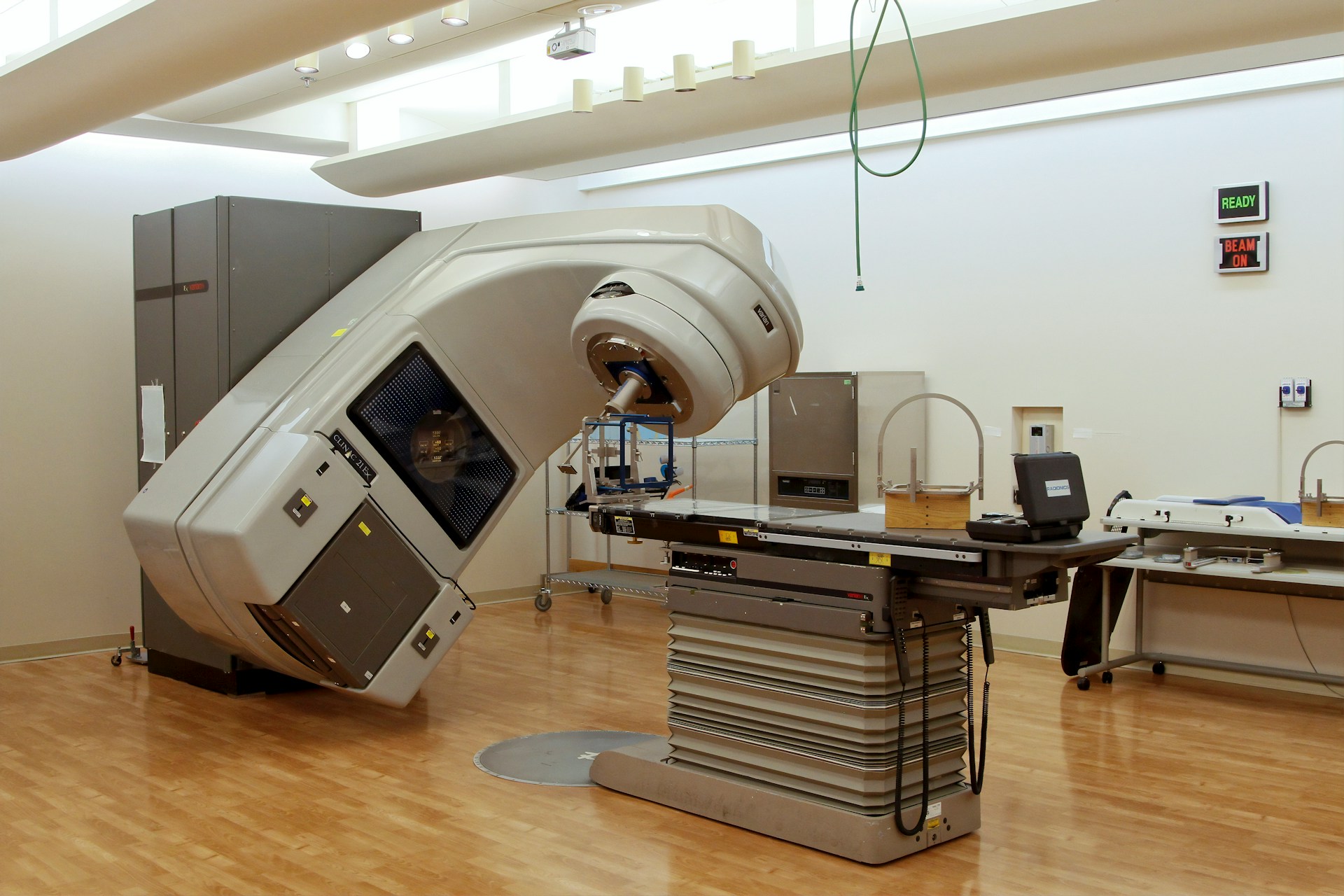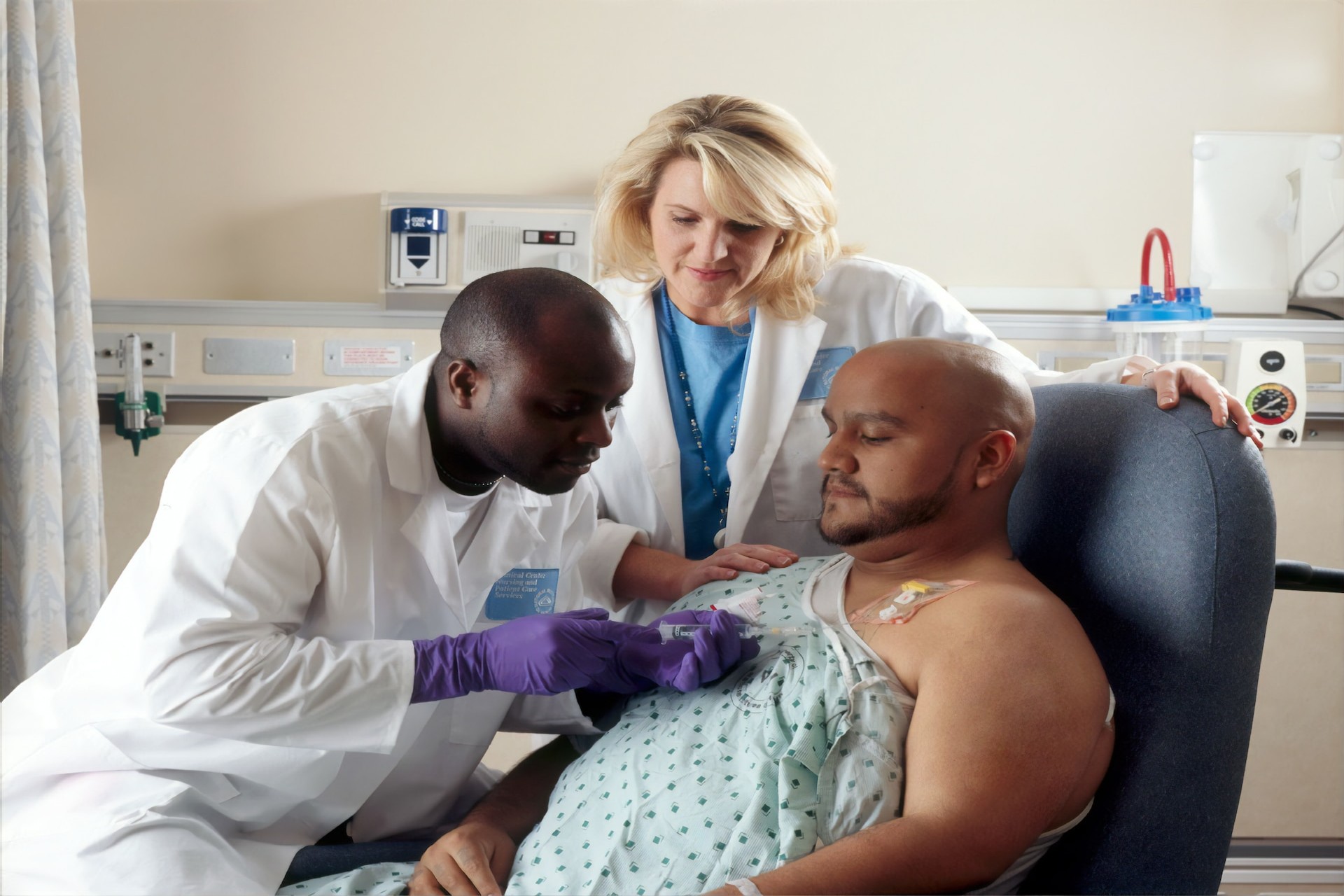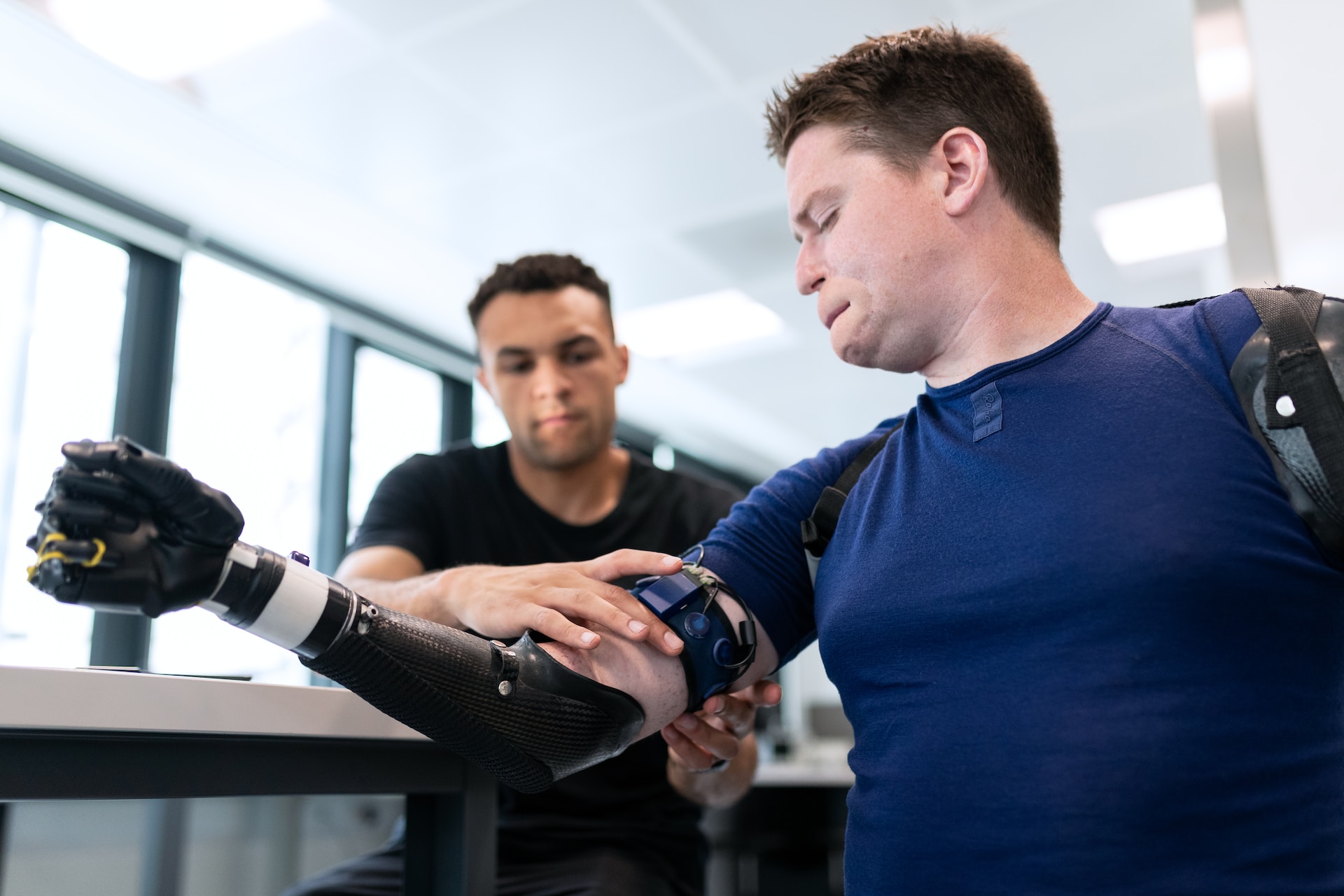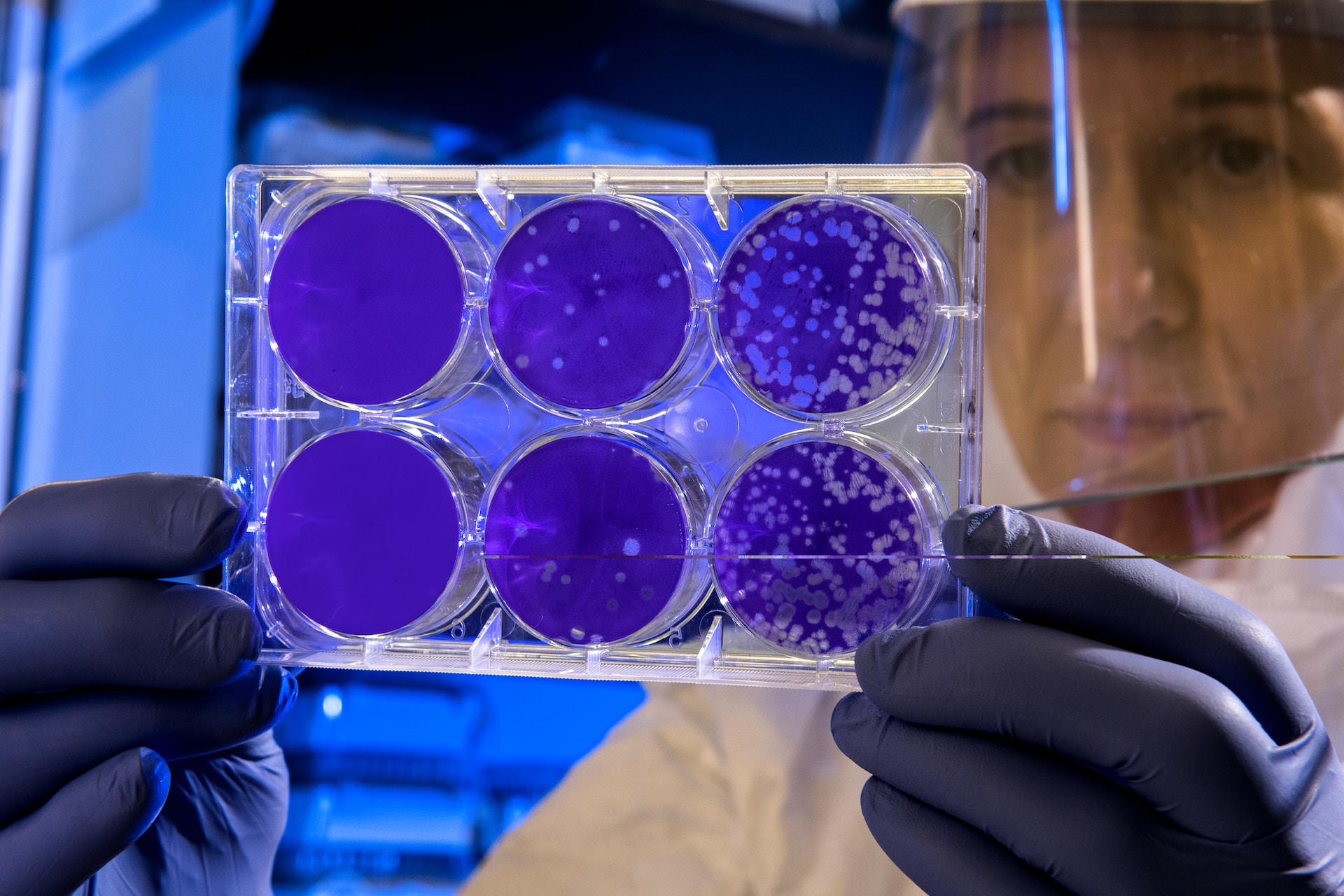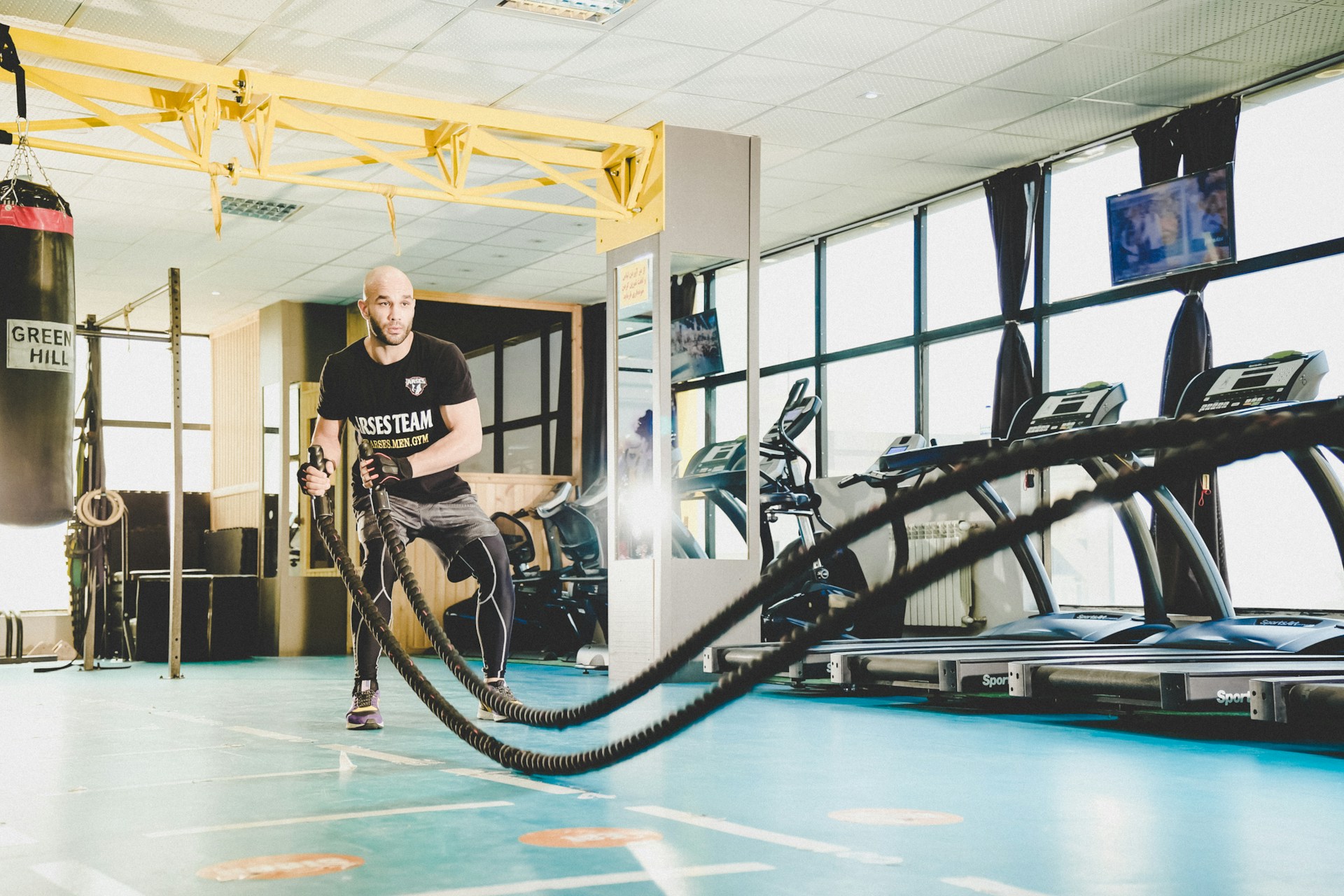
The Diverse Influence of Sports Medicine Professionals
June 25, 2024 - Lou Farrell
Revolutionized is reader-supported. When you buy through links on our site, we may earn an affiliate commision. Learn more here.
Sports medicine professionals are doctors who specialize in treating musculoskeletal injuries. Although they do not do surgeries, they often diagnose health problems and recommend that patients get operations to treat them.
These specialists make the all-important decisions about whether athletes are healthy enough to return to their sports after injuries. Still, they have impacts that many people do not know about or expect.
Overruling Coaches’ Wishes
Anyone who has ever seen a sports player get injured during a televised event can probably remember interviews with coaches. They weigh in about how the development will impact the athlete, their team, upcoming competitions and other specifics.
Indeed, the coaches — and the injured players themselves — are commonly the people who tell media outlets and the public about what happened. However, it is sports medicine professionals who ultimately decide whether and when athletes can safely return to their activities.
One sports medicine physician who oversees two teams at Stanford University said it is important to establish trust with athletes. He wants to assure them that his decisions put their health first and are not influenced by what coaches want. The varsity athletes on his campus go to dedicated medical facilities that are physically separate from the athletic areas. That distinction helps attendees feel confident that the providers they see are not under coaches’ influence.
Helping Athletes Understand Their Options
Of course, coaches want their athletes to return to top form soon, but news headlines are full of cases where injured players have been encouraged by them to start playing again before they were healthy. That often happens because of the desire to win. A coach’s job depends on how effectively they can help players beat their opponents. It becomes much harder to do that if a star player is injured or several critical team members are simultaneously hurt.
Things also become complicated when the injured athletes are adults and similarly motivated by their intensely competitive attitudes and other factors. A player could return to the sport despite an injury because they don’t want to risk their sponsorships, scholarships or paychecks.
Sports medicine professionals cannot always convince players to stay away from their games until they are fully healthy. However, these specialists must use their knowledge and experience to help athletes weigh the pros and cons of all options while keeping their well-being at the forefront of the discussions.
Intervening Before Issues Worsen
Sports medicine doctors help athletes who have suffered career-altering injuries. However, they also behave proactively to analyze the factors that could cause someone to get hurt or force them to take a break from athletic activity for longer than they would like.
However, these professionals do not only see patients at their worst. Some people visit them because they feel something is not quite right and want to address it before it develops into a bigger problem.
Directing Athletes to the Appropriate Caregivers
Athletes often have large teams of specialists working to keep them at their best. Sports medicine doctors are frequently the individuals who determine what is happening. They then send athletes to the appropriate specialists or deciding they need specific tests.
A podiatrist who often works with athletes gave an example of a cross-country runner who came into his office due to stress fractures that formed when she began increasing her mileage. Investigations showed that this athlete’s bone connecting her second toe was especially long, and she was flat-footed. The podiatrist corrected both of those matters with an orthotic device, but it was also determined this athlete had a vitamin D deficiency that required supplementation.
That approach allowed the runner to continue training and increase her distances without getting hurt. This example shows that sports medicine professionals need extensive networks of people who can help athletes return to their best. Those people also receive athletes’ reports about how well various changes or treatments are working, so they must take thoughtful, person-centered approaches to each case.
Specifying What Happens During Emergencies
Scientists have proved that most humans love stability and want direct knowledge of what will happen to them. However, most athletes learn that taking risks may pay off for them, and they become comfortable doing it. Unfortunately, things can go terribly wrong, resulting in life-threatening accidents that require the athletes to get rushed to the hospital in ambulances.
Many people do not realize that sports medicine doctors inform first responders on what to do if emergencies happen during events. For example, before an event such as a football game, a team’s sports medicine practitioners meet with first responders to review their responsibilities.
These gatherings usually last no longer than 10 minutes but contain essential information. For example, which method should the EMS crews use to move someone with a suspected spinal injury? Which hospital will athletes go to if they need urgent care? Which players have allergies?
Although sports medicine professionals are not the only ones giving input at these meetings, they frequently lead the discussion and answer questions as needed. They also engage with others, such as trainers and fellow physicians. Some top-tier teams have doctors tasked with reviewing plays to learn how injuries occurred. Those insights can inform the type of care the hurt athlete needs. In any case, figuring out how to respond to emergencies before they happen reduces costly delays.
Shaping Concussion-Related Awareness
Concussions are mild traumatic brain injuries that are especially high risks for athletes participating in high-impact or contact sports. Recognizing and correctly treating them are essential for reducing a person’s chances of lasting symptoms or functionality losses. For example, once an athlete suffers a suspected concussion, they must never return to the game that day.
Even though medical professionals know a lot about concussions, there is always more to learn. Sports medicine doctors can lead the way in that education. A good example came when nearly 150 attendees gathered for a conference that taught best practices in concussion management.
One of the takeaways related to the importance of a team-based approach to diagnosis and an individualized response to rehabilitation after the event. Some of the presented content prompted participants to review their current frameworks for treating patients with concussions. Since the sports medicine field features people who regularly see concussions occur and understand their symptoms, it has a collective wealth of knowledge that benefits athletes and coaches alike.
Sports Medicine Has Broad, Significant Impacts
The next time people marvel at the incredible fitness of their favorite athletes, they must not forget the role sports medicine professionals play in getting — or keeping — them in that condition. Although these specialists assist sports stars in recovering from injuries, they also help them avoid issues that could end their careers.
Revolutionized is reader-supported. When you buy through links on our site, we may earn an affiliate commision. Learn more here.
